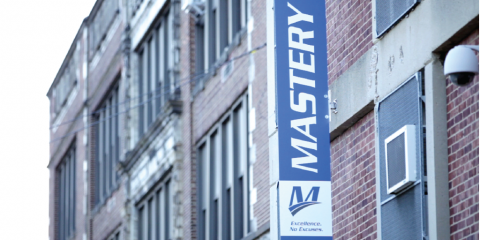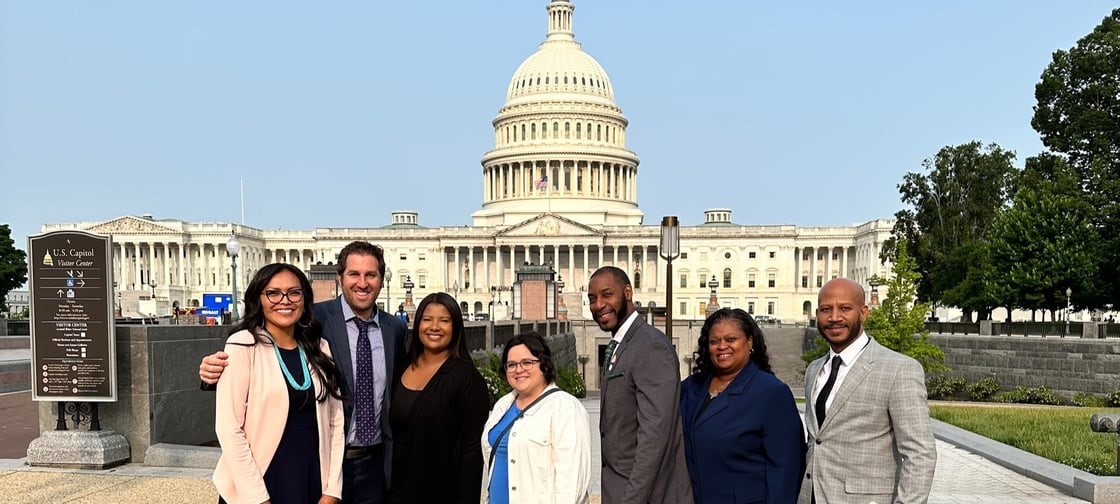Since 2007, low-performing schools have received more than $5.8 billion in funds through the federal School Improvement Grant (SIG) program. The National Alliance’s report Chartering Turnaround: Leveraging Public Charter School Autonomy to Address Failure examines how the autonomies related to staffing, curriculum, and general operations provided by state charter laws can be used to catalyze school turnaround efforts. Specifically, it explores the traditional public school (TPS) restart model through case studies of three charter management organizations (CMO), including Mastery Charter Schools.
Mastery Charter Schools manages 12 charter schools located in 15 buildings in Philadelphia and Camden, NJ. Ten of the schools are TPS restarts and seven of them received SIG restart funds to support their turnaround efforts. Mastery opened its first new start charter school in 2001 and its first TPS restart in 2006. Mastery’s approach to turnaround focuses on using rigorous curriculum and engaging instructional techniques to bring students up to grade level as quickly as possible. Mastery school leaders place significant attention on school culture, creating respectful learning environments and providing appropriate social-emotional supports to students. While Mastery’s initial new starts expanded one grade at time, the TPS restarts—and all new starts going forward—employ a whole-school takeover model to make dramatic changes quickly. “We love turnaround work,” said Scott Gordon, CEO of Mastery. “It’s certainly challenging, and we’re definitely working with many of the kids with the greatest needs, but it’s very satisfying and important work.” Mastery’s schools, including the new starts and TPS restarts, have demonstrated dramatic academic improvements and improved culture and climate in the schools. Mastery reported that 96 percent of the class of 2014 earned college or postsecondary acceptance. Click here to read the full report and case study.







